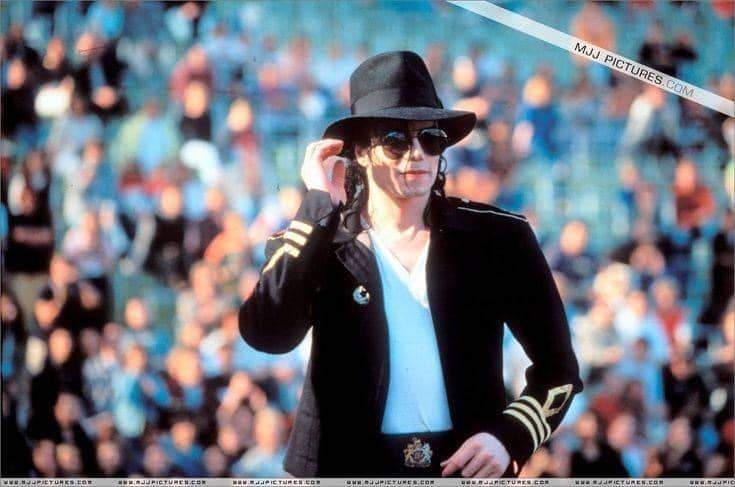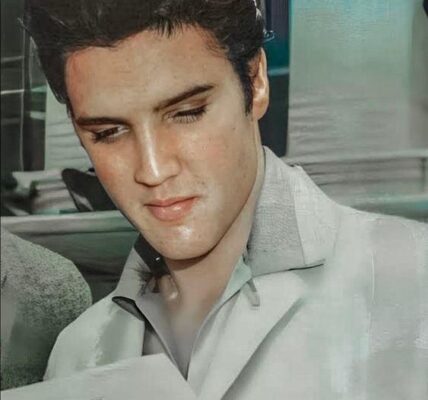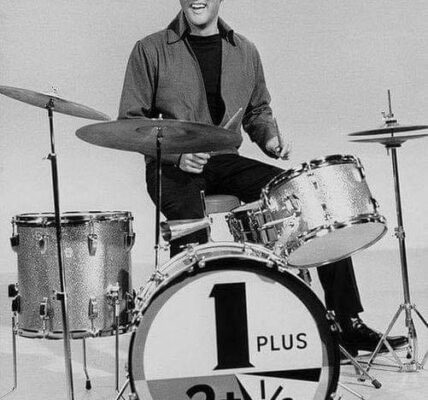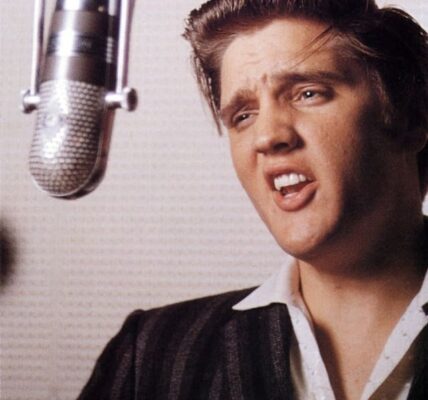Michael Jackson, the King of Pop, is widely celebrated for his revolutionary contributions to music and his unforgettable performances that transcended the ordinary. Yet, the impact of Jackson’s legacy reaches far beyond the entertainment industry. His dedication to fostering global peace and unity, manifested through his music and philanthropic endeavors, reveals a profound commitment to making the world a better place. This article explores Jackson’s vision for peace, his innovative approach to using music as a tool for social change, and the enduring influence of his efforts in the realms of philanthropy and social justice.
A Vision for Peace
Michael Jackson’s commitment to promoting peace was not a mere byproduct of his celebrity; it was a core element of his life’s work. From the early days of his career, Jackson envisioned a world where people from all walks of life could come together in harmony. This vision was deeply rooted in his belief that music had the power to transcend cultural, racial, and geographical boundaries. Jackson’s music was not just a reflection of his artistic brilliance but a vessel for his ideals of global unity and understanding.
One of Jackson’s most powerful expressions of his vision for peace came through his iconic 1985 single, “We Are the World.” Co-written with Lionel Richie, the song was a collaborative effort involving 45 major artists, including Bruce Springsteen, Tina Turner, and Bob Dylan. The track was a response to the Ethiopian famine crisis and aimed to raise awareness and funds for relief efforts. Its success was monumental, both in terms of its chart-topping achievements and its impact on global humanitarian aid.
“We Are the World” was not just a musical project; it was a manifestation of Jackson’s belief in the collective power of artists to drive social change. The song’s lyrics—”There comes a time when we heed a certain call / When the world must come together as one”—embody Jackson’s ethos that unity and compassion are essential to addressing the world’s most pressing issues.
Music as a Tool for Social Change
Jackson’s influence extended beyond individual songs and performances. He used his platform to address various social and political issues, integrating messages of peace and justice into his music. His album “Bad,” released in 1987, featured tracks like “Man in the Mirror” and “Dirty Diana,” which tackled themes of self-reflection and societal challenges. “Man in the Mirror,” in particular, encouraged listeners to make a change within themselves to contribute to a better world. The song’s refrain—”I’m starting with the man in the mirror / I’m asking him to change his ways”—underscores Jackson’s belief that personal transformation is crucial for societal progress.
Jackson’s approach to social change was also evident in his music videos. The video for “Bad,” directed by the legendary filmmaker Steven Spielberg, depicted themes of empowerment and resilience. The video’s storyline, featuring Jackson as a young man who returns to his neighborhood to confront gang violence, was a powerful commentary on the potential for positive change within communities.
Moreover, Jackson’s “Black or White” video, which premiered in 1991, was a groundbreaking statement on racial harmony. The video’s innovative use of morphing technology to transition between different races symbolized Jackson’s message that racial prejudice should be eradicated. The accompanying lyrics—”But if you’re thinkin’ about my baby / It don’t matter if you’re black or white”—reiterated his commitment to ending racial discrimination.
Philanthropy and Social Justice
Jackson’s dedication to philanthropy and social justice was integral to his broader vision of peace. Throughout his career, he supported numerous charitable organizations and causes. He established the Heal the World Foundation in 1992, an organization dedicated to improving the lives of children and addressing global issues such as poverty and disease.
The Heal the World Foundation’s initiatives included efforts to provide medical aid to children in war-torn regions, support for education and healthcare programs, and campaigns to combat child exploitation. Jackson’s personal involvement in these efforts was not merely symbolic; he actively participated in fundraising events, visited affected areas, and used his celebrity status to draw attention to critical issues.
In addition to his work with Heal the World, Jackson contributed to other charitable causes. He was involved with the United Negro College Fund, the Elizabeth Taylor AIDS Foundation, and the Make-A-Wish Foundation, among others. His financial contributions and advocacy efforts helped raise millions of dollars for various causes, amplifying the impact of his philanthropic work.
Jackson’s commitment to social justice was also evident in his public statements and actions. He spoke out against injustices such as racial inequality and human rights abuses, using his platform to raise awareness and inspire action. His song “They Don’t Care About Us,” released in 1995, addressed issues of police brutality and systemic racism. The accompanying music video, which featured footage from demonstrations and riots, highlighted the urgent need for social reform.
The Legacy of Michael Jackson’s Peace Efforts
Michael Jackson’s efforts to promote global peace and unity left an indelible mark on the world. His music, characterized by its innovative sound and profound messages, continues to resonate with audiences around the globe. The themes of peace, love, and understanding embedded in his work have inspired countless individuals to engage in social activism and philanthropy.
Jackson’s legacy is also reflected in the ongoing impact of his charitable foundations and initiatives. The Heal the World Foundation, despite Jackson’s passing in 2009, continues to support various humanitarian efforts, demonstrating the enduring nature of his vision for a better world.
In recent years, Jackson’s work has been recognized and celebrated through various tributes and awards. His contributions to social justice and philanthropy have been acknowledged by organizations and communities worldwide, further solidifying his place as a significant figure in the fight for global peace.
Conclusion
Michael Jackson’s tireless efforts to foster global peace were driven by his unwavering belief in the power of music to bring people together. His visionary approach, coupled with his philanthropic endeavors, showcased a deep commitment to addressing the world’s most pressing issues. Through his music, advocacy, and charitable work, Jackson left a legacy that extends far beyond his role as an entertainer. His impact on global peace and unity serves as a reminder of the profound influence that individuals can have in shaping a more just and harmonious world.
As we reflect on Michael Jackson’s contributions, we are reminded of the transformative power of music and the importance of using one’s platform for the greater good. Jackson’s life and work continue to inspire new generations to strive for a world where peace and understanding prevail, ensuring that his vision for global unity remains alive and vibrant.




